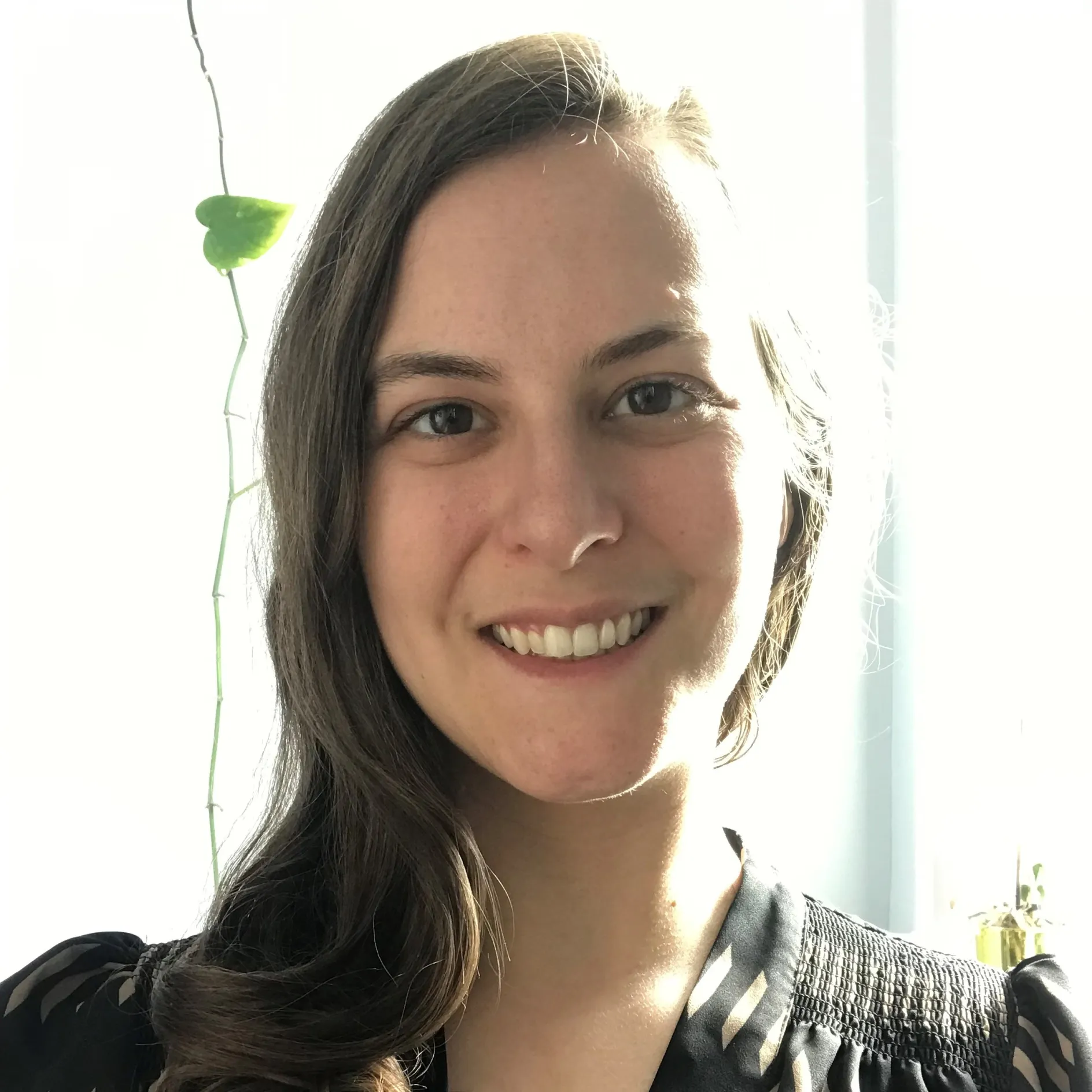Dr. Kelly L. Schmidt serves as Reparative Public Historian and Lecturer in affiliation with the Department of African and African American Studies and Washington University Libraries.
Schmidt is a public historian and digital humanist who specializes in African American history with a focus on slavery, racism, abolition, and resistance. She studies the ways higher education institutions are addressing their connections to the histories and legacies of slavery. She brings extensive knowledge and experience related to understanding and addressing the history of enslavement in St. Louis and the wider Mississippi and Ohio Valleys, including how it relates to higher education institutions.
Schmidt holds a joint Ph.D. in Public History and U.S. History from Loyola University Chicago. From 2016 to 2021, while completing her dissertation research on people enslaved to the Jesuits in the central and southern United States, Kelly worked with Saint Louis University and the Jesuits of Canada and the United States as Research Coordinator for their joint Slavery, History, Memory, and Reconciliation Project (SHMR). Her scholarship on enslaved communities in the Ohio and Mississippi Valleys and on enslavement and Catholicism in the United States is the focus of a book project tentatively titled “Their Earnest Desire to be Free”: Enslaved People, Jesuit Enslavers, and Negotiations for Freedom on American Borderlands, 1823-1930.
In that role and other capacities, including years working at the National Underground Railroad Freedom Center, Schmidt has developed an extensive record of public history work—in research and interpretation; museum education and exhibition development; digital media; archival collections and conservation; development of walking tours; and work with high school and college educators and students. As Reparative Public Historian, Kelly will not only enrich the research insights and project scope of the WashU & Slavery Project but will also help advance efforts to position WashU as a key partner in this important work of commemoration and reckoning in our region, through collaboration with academic and other institutional and community partners.
